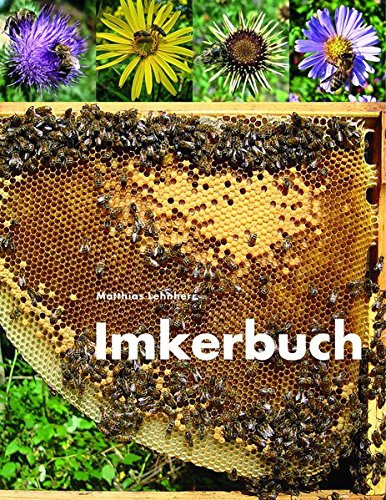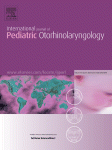Effect of Caffeic Acid Phenethyl Ester (CAPE) on H(2)O(2) Induced Oxidative and Inflammatory Responses in Human Middle Ear Epithelial CellsInt J Pediatr Otorhinolaryngol, 2012 Feb 25
OBJECTIVE:
Acute otitis media (OM) is a common pediatric disease. Recent research into the pathogenesis of OM has focused on oxidative damage, induced by oxygen free radicals, to the middle ear mucosa along with inflammation. Caffeic acid phenethyl ester (CAPE) is a biologically active ingredient of propolis honey bees, with antioxidative and anti-inflammatory activities. The effect of CAPE on hydrogen peroxide (H(2)O(2))-induced inflammatory and oxidative reactions in the middle ear is still not known. The aim of this study was to evaluate the anti-inflammatory and antioxidative effects of CAPE on cultured human middle ear epithelial cells (HMEECs).
METHODS:
The inflammatory injury of H(2)O(2) and the anti-inflammatory effect of CAPE were determined by measuring levels of pro-inflammatory cytokines (tumor necrosis factor (TNF)-α and COX-2) with real-time reverse transcription polymerase chain reaction and Western blot analysis. Oxidative stress induced by H(2)O(2) and antioxidative effects of CAPE were evaluated directly by reactive oxygen species (ROS) production using flow cytometric analysis of 5-(and-6)-chloromethyl-2',7'-dichlorodihydrofluorescein diacetate, acetyl ester (CM-H(2)DCFDA), and indirectly by the expression of superoxide dismutase (SOD) using Western blot analysis. The effect of CAPE was compared with N-acetyl cysteine (NAC) which has well-known antioxidative and anti-inflammatory effects.
RESULTS:
CAPE significantly inhibited H(2)O(2)-induced upregulation of TNF-α and COX-2 expression in a dose and time dependent manner. ROS accumulation induced by H(2)O(2) stimulation was decreased by CAPE pretreatment. Induced SOD expression after H(2)O(2) stimulation was diminished by CAPE pretreatment. The anti-inflammatory and antioxidative effects of CAPE were similar to those of NAC.
CONCLUSIONS:
These findings suggest that inflammation induced by H(2)O(2) can be inhibited by CAPE via inhibition of the expression of pro-inflammatory cytokines such as TNF-α and COX-2. Furthermore, CAPE has antioxidative effects, which decreases the need for endogenous SOD expression.
 Lehnherr, Mathias (8. Aufl. 2017) [1992]: Imkerbuch
Lehnherr, Mathias (8. Aufl. 2017) [1992]: Imkerbuch



